Common Orthodontic Problems Improving Your Bite and Smile
Orthodontic issues are quite common—very few people naturally have perfectly aligned teeth. A malocclusion (or “bad bite”) can affect chewing, speaking, oral hygiene, and even self-confidence. These problems may be inherited or caused by factors such as thumb sucking, dental disease, injuries, or poor oral habits.
Misalignment can also lead to uneven wear on teeth, jaw discomfort, and difficulties with proper bite function. Addressing these concerns promptly can help prevent further complications and improve long-term oral health.
Fortunately, orthodontic treatment with Dr. Betsy Ulrich can help correct these issues, improving both function and aesthetics. Below are some of the most common orthodontic problems and how they impact oral health.
Below are some examples of the most common orthodontic problems.
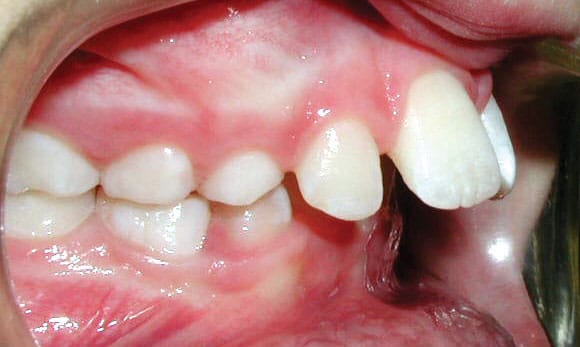
Upper Front Teeth Protrusion
This occurs when the upper front teeth extend too far forward, or the lower teeth don’t extend far enough. It can affect both the function and appearance of the smile.
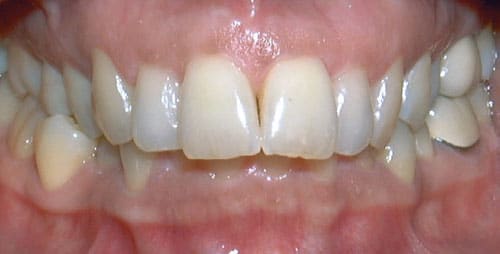
Overbite
An overbite happens when the upper front teeth extend too far over the lower front teeth. In severe cases, the lower teeth may bite into the roof of the mouth, causing discomfort and potential damage.
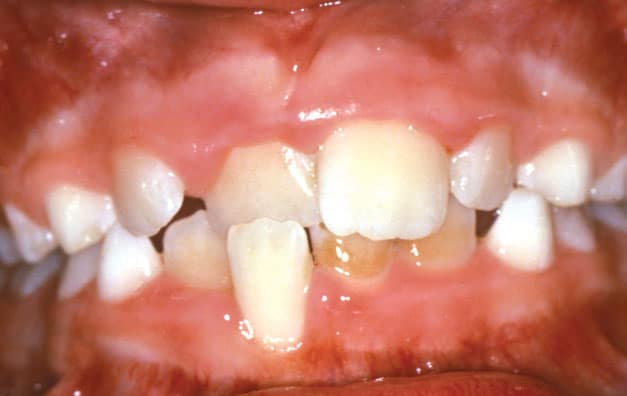
Crossbite
A crossbite occurs when the upper teeth sit inside the lower teeth. This misalignment can lead to uneven jaw growth and wear on the teeth.
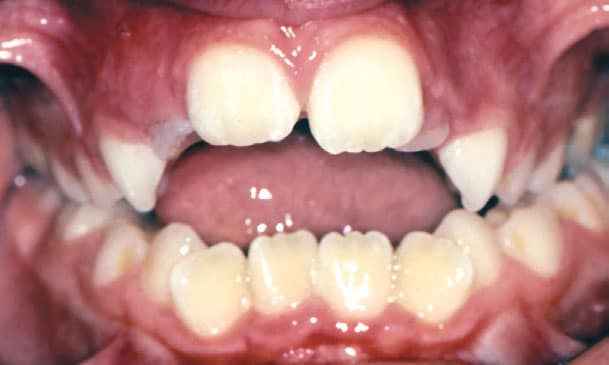
Open bite
An open bite means that the upper and lower front teeth do not touch when the mouth is closed, making it difficult to chew properly. This condition is often linked to habits like tongue thrusting or prolonged thumb sucking.
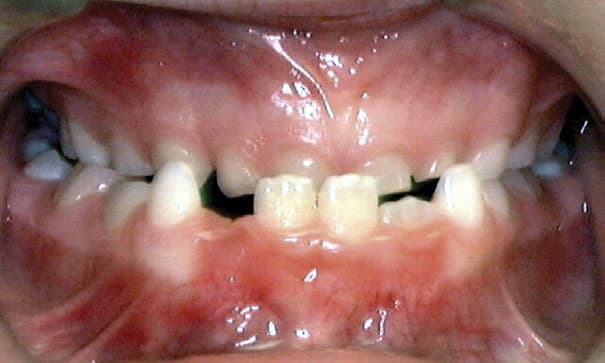
Underbite
An underbite occurs when the lower jaw extends beyond the upper jaw, causing the lower front teeth to sit in front of the upper teeth. This can lead to difficulties in chewing, speaking, and even facial asymmetry.
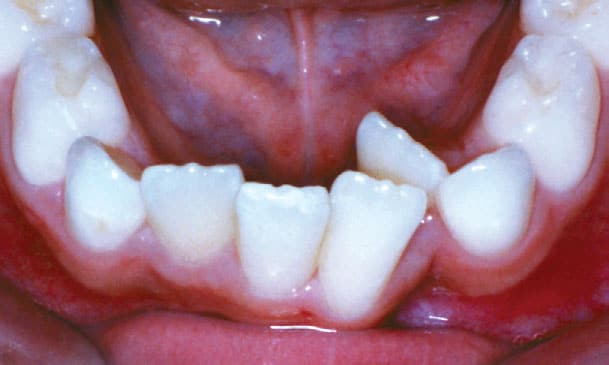
Crowding
Crowding happens when there isn’t enough space in the jaw for teeth to erupt properly. In many cases, expansion techniques can resolve crowding without needing extractions.
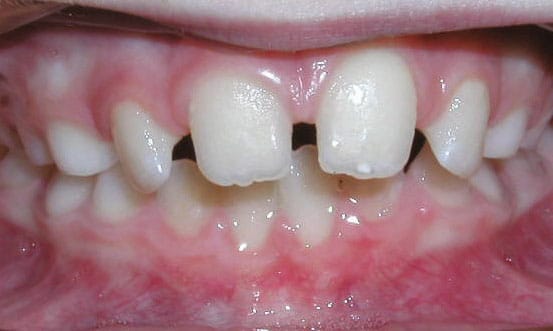
Spacing
Gaps between teeth can result from missing teeth or natural spacing variations. While sometimes only a cosmetic concern, spacing issues can also affect bite function.
